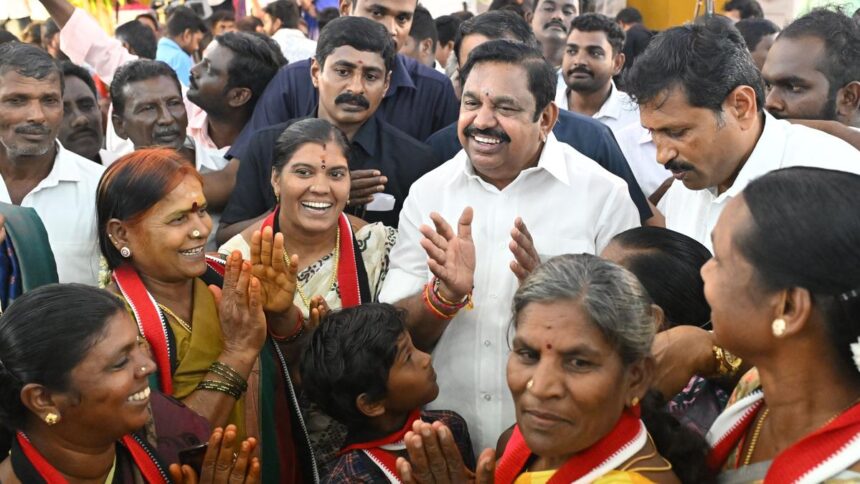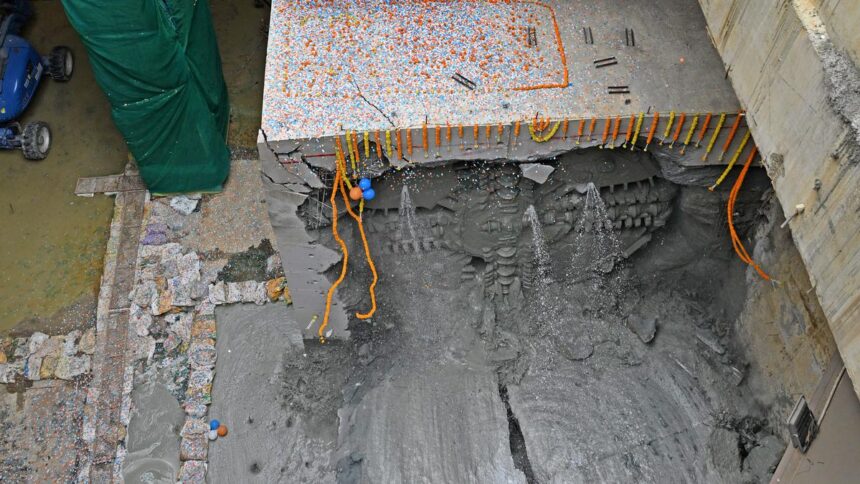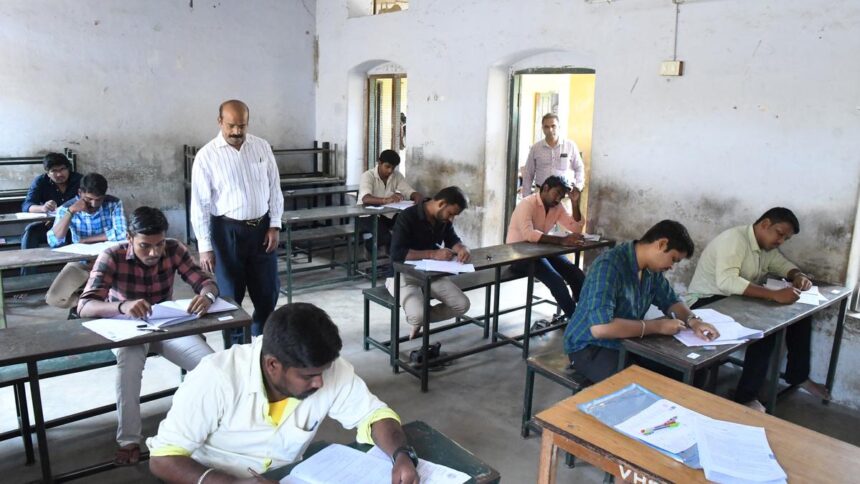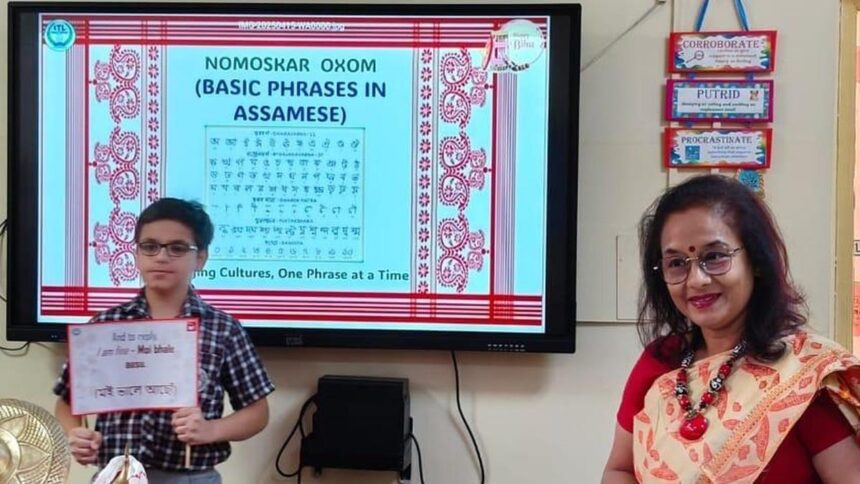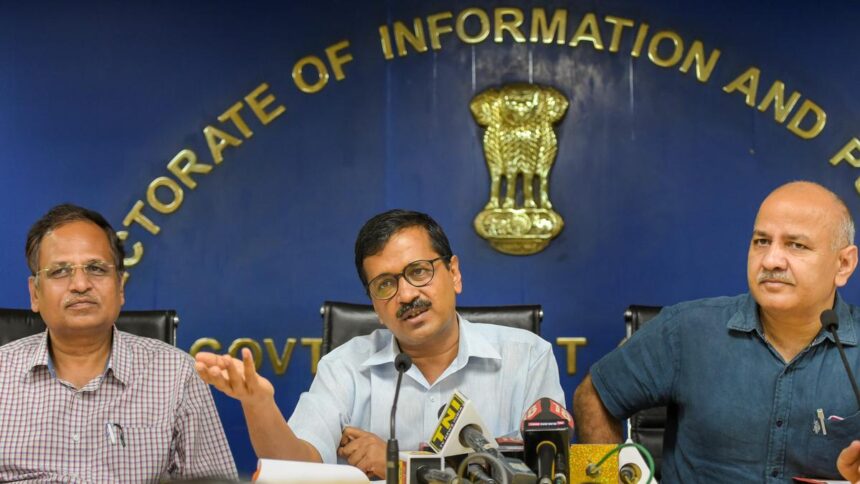Households in Chennai face the biggest challenges in accessing water, with 17% depending on hand pumps and 14% depending on other sources, such as tanker trucks, which are by far the highest numbers in any city, according to a study conducted in 14 cities across India.
Presenting and discussing the results of the Citizenship, Urban Governance and Inequality (CIUG) project, based on a comparative study of 14 Indian cities, including Chennai, and survey results from 31,803 households, Brown University Professor Patrick Heller said Chennai ranked low in basic service delivery while a large number of people rely on intermediaries for service delivery. The project examined the quality and coverage of basic services and how urban Indian citizens used their civil, political, and social rights in cities and found significant variation in the quality of basic services delivered across cities. “Bhavnagar, Kochi and Vadodara had the best services, and Chennai and Mumbai had the worst.”
“If basic water access is generally not a problem in most cities, the quality of access clearly is. Most households either getting less than two hours a day or more than 23 hours a day. Overall, 43.4 % of households only get water for up to two hours daily, and 23% get more than 23 hours daily. There is, moreover, huge variation across cities. Kochi households have the best water service of all our cities,” he said.
In some cities a large percentage of citizens only have buckets to rely on for storing water. The quality of sanitation also varies substantially by city. While Kochi, Vadodara, Ahmedabad, and Delhi provide good sanitation to the vast majority of their populations, a majority of households in Mumbai have compromised sanitation. In explaining the unequal distribution of services within cities, the study found that the primary determinant was housing type, which is our indicator for class. Indeed, not only does class have the strongest effects on basic service delivery, but it also has the highest explanatory power across all our models. Class determines the availability of public services in India’s cities more than any other variable, the study said.
With very few exceptions, social life in urban India is still heavily governed by caste. Social ties, as seen at least via friendships, are marked by strong bonding of intra-caste togetherness, as opposed to inter-caste networks. The prevalence of intra caste togetherness ties outweighed inter-caste networks. In the study only Chennai and Kochi are partial exceptions to this, with residents claiming that they have strong binding friendship with other caste as against intra-caste togetherness, the study said. It is clear that there are stark differences in access to sanitation by caste in cities across India. If only 12% of OBCs have compromised sanitation, that figure rises to 30% for SC and 33% for STs, the study said.
Published – August 18, 2025 10:07 pm IST

















